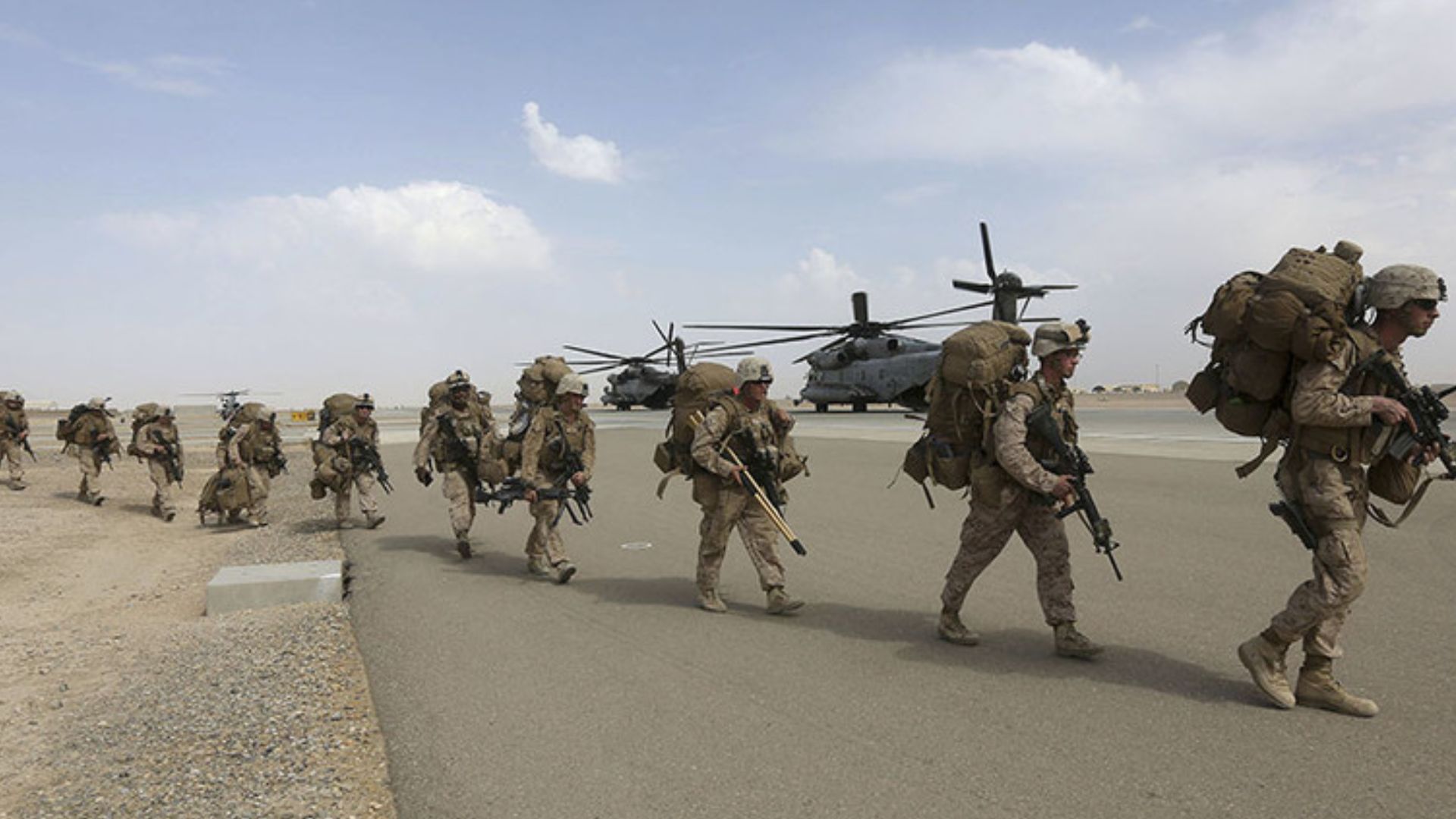In its recent annual report, the Taliban’s Central Commission for Security and Clearance Affairs, a part of the Afghanistan defence ministry, has named Pakistan for its role in destabilizing Afghanistan and enabling regional terrorism in the country.
The report, issued on 22 January after an annual meeting chaired by the Taliban’s acting defense minister Mohammad Yaqoob Mujahid, has revealed significant concerns regarding Pakistan’s involvement in facilitating anti-Afghan terrorism and destabilizing the security landscape within Afghanistan, through terrorism and drug trafficking.
The Central Commission for Security and Clearance Affairs is a vital part of the Taliban’s security apparatus, focused on managing both internal and external security concerns . Its functions include managing national security, intelligence gathering, counterterrorism operations, and the elimination of various security threats. It functions under the defense ministry.
These findings, shared with the Sunday Guardian, came days after Indian diplomats, in the first of such an endeavour, had met senior Taliban leaders and ministers in Kabul in November.
As per the findings by the defence ministry, chemical substances used for drug processing are being smuggled into Afghanistan through various deceptive methods from ‘neighboring’ countries including Pakistan. Of particular note are the regions bordering the Af-PAk border including Aranai, Loralai, and Gulistan in Balochistan, Pakistan, where the Taliban reports that opium is being extensively grown.
According to the findings, Afghan refugees are employed in these areas as laborers, farmers, and processors of opium, making these regions central to the illicit drug trade affecting the entire South Asia, that Afghanistan is often falsely accused of fuelling.
The Taliban has stated that these narcotics activities, primarily conducted in Pakistan, are intentionally attributed to Afghanistan to tarnish the country’s image and undermine its anti-drug efforts.
The Taliban has further found that Pakistan was tacitly supporting terror groups by sheltering and allowing their regrouping in its tribal areas. These terrorists, the report claims, have received support in the form of training camps, fundraising facilities, and recruitment operations in Balochistan and Khyber Pakhtunkhwa.
The Taliban has claimed that these groups, who were previously suppressed within Afghanistan, have been provided refuge in these regions with the approval of Pakistani authorities. Credible intelligence, according to the report, suggests that these terrorists are being sent to Pakistan via Karachi and Islamabad airports and are planning future attacks in Afghanistan and potentially in other regions as well.
While the Taliban has stated that many attacks carried out by these terror groups in Afghanistan have been thwarted over the past year, it is extremely concerned of the continued external support they are receiving from neighboring countries which is being provided by these external efforts to destabilize the system it has put in place in Afghanistan.
Further detailing Pakistan’s role in the region, the Taliban has claimed that many of the perpetrators of attacks inside Afghanistan are foreign nationals, with a significant number coming from Pakistan. These attackers are said to enter Afghanistan under various guises to carry out violent activities. The report has also emphasized that most of the attacks have been planned and launched from outside Afghanistan, notably from Pakistan.
These terror groups, , according to the report, are actively acting with the intention to deter foreign investment and disrupt Afghanistan’s economic growth, further exacerbating the country’s struggle for stability and prosperity.
The Sunday Guardian on 15 December had reported how the assassination of Afghan minister for refugees and repatriation, Khalil ur Rehman Haqqani, and four other people in a suicide bombing near a mosque located on the premises of the ministry in the high-security zone of Kabul has the potential to derail the Taliban’s and Kabul’s plans to attract foreign investors and project an image of stability. (High-profile killing in Kabul threatens Taliban’s investment aspirations)
The report of the Central Commission for Security and Clearance Affairs has stated that the Afghanistan government is enhancing its border security, especially along the Durand Line, which divides Afghanistan and Pakistan with the objective to stop the inflow of terrorists and drugs and has been investing heavily to strengthen security infrastructure, including building outposts, surveillance towers, and fortifications.
These efforts, the report has stated, are being met by fierce resistance from the Pakistan army which does not want the border to be fenced.

